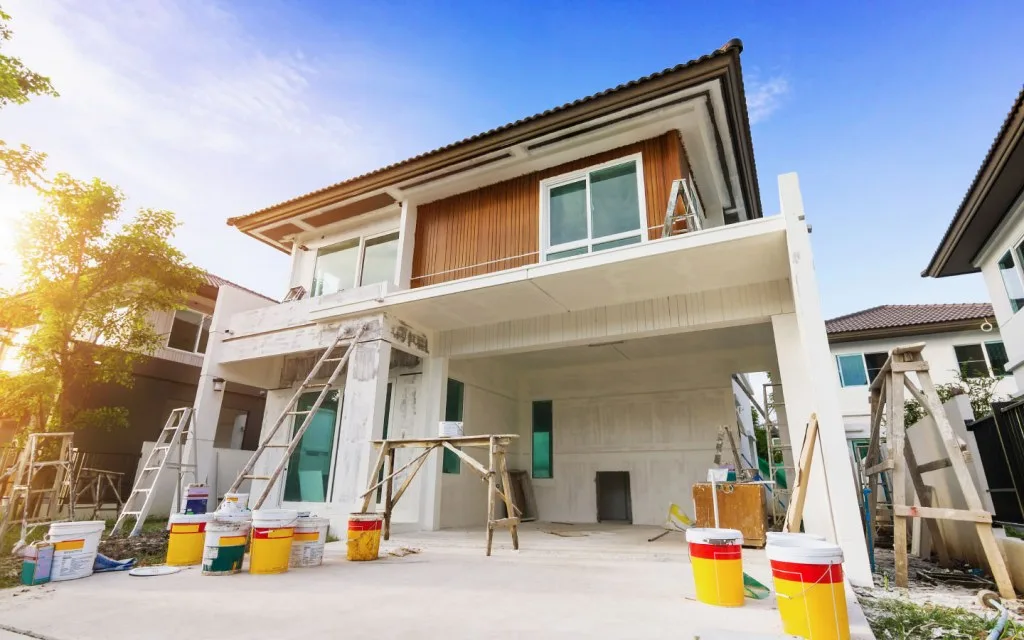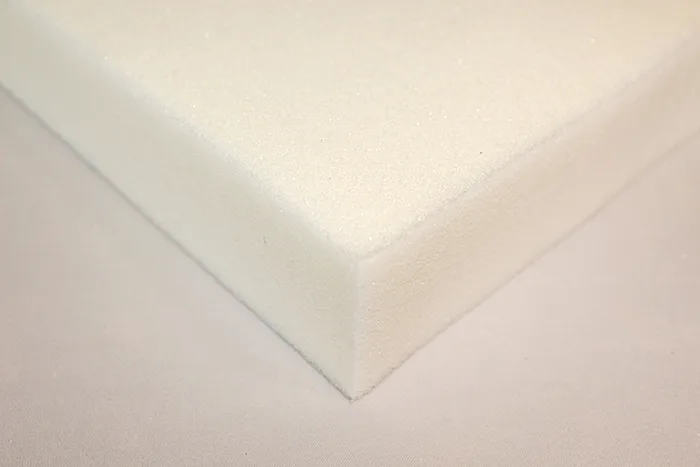In the realm of home maintenance, few appliances are as crucial and often overlooked as the water heater. Responsible for providing hot water for showers, dishwashing, laundry, and more, your water heater is a silent workhorse in your household. However, like any other mechanical system, water heaters require care and attention to ensure they function efficiently and have a long lifespan. In this comprehensive guide, we’ll delve into expert advice and proven strategies for extending the lifespan of your water heater. Also, saving you money and hassle in the long run, including essential tips for water heater repair Katy.
Understanding Your Water Heater:
Before we delve into maintenance tips, it’s essential to understand the basic components of your water heater. Most residential water heaters fall into two categories: tankless (on-demand) and storage tank heaters. Tankless heaters heat water directly without the use of a storage tank. While, storage tank heaters store hot water in a tank until it’s needed. Regardless of the type you have, both systems operate similarly in terms of maintenance needs.
Routine Inspections and Maintenance
Regular inspections and maintenance are key to preventing major issues and extending the lifespan of your water heater. Here’s a breakdown of tasks you should perform regularly:
- Check for Leaks: Inspect around the base of your water heater for any signs of leaks or moisture. Even minor leaks can indicate potential problems and should be addressed promptly to prevent water damage.
- Flush the Tank: Sediment buildup is a common issue in water heaters, especially in areas with hard water. Over time, sediment accumulation can decrease the efficiency of your heater and lead to premature failure. Flushing the tank annually helps remove sediment and maintain optimal performance.
- Inspect the Anode Rod: The anode rod is a sacrificial component designed to attract corrosive elements in the water. This protects the tank from rust and corrosion. Regularly inspect the condition of the anode rod and replace it if it shows signs of deterioration.
- Test the Pressure Relief Valve: The pressure relief valve is a safety feature that releases excess pressure from the tank to prevent explosions. Test the valve annually by lifting the lever and allowing water to flow out. If the valve does not operate correctly, it should be replaced immediately.
Temperature Control
Maintaining the proper temperature setting on your water heater is essential for efficiency and safety. Most experts recommend setting the temperature between 120 and 140 degrees Fahrenheit. It is to balance energy savings with sufficient hot water availability. Here are some tips for temperature control:
- Invest in a Programmable Thermostat: Installing a programmable thermostat allows you to set different temperatures for specific times of the day. This optimizes energy usage without sacrificing comfort.
- Monitor for Overheating: Excessive temperatures can not only waste energy but also increase the risk of scalding and tank damage. Regularly check the temperature settings and adjust as needed to prevent overheating.
Water Quality Management
The quality of the water supplied to your heater can significantly impact its lifespan and performance. Hard water, which contains high levels of minerals such as calcium and magnesium, is particularly problematic as it contributes to sediment buildup and corrosion. Here’s how you can manage water quality:
- Install a Water Softener: A water softener reduces the mineral content in your water, preventing scale buildup in your water heater and plumbing fixtures. Investing in a water softener can significantly extend the lifespan of your water heater and improve overall water quality.
- Use a Sediment Filter: In addition to a water softener, consider installing a sediment filter to trap particles and debris before they reach your water heater. This helps reduce sediment buildup and prolong the life of your appliance.
Professional Maintenance
While DIY maintenance is essential, there are certain tasks best left to professional plumbers. Hiring a licensed technician for periodic inspections and maintenance can identify potential issues early. And ensure your water heater operates at peak efficiency. Here are some tasks a professional plumber can perform:
- Anode Rod Replacement: Replacing the anode rod requires draining the tank and accessing internal components. This makes it a job best left to professionals.
- Pressure Relief Valve Inspection: Plumbers have the expertise and tools to test the pressure relief valve accurately. This ensures it functions correctly.
Conclusion:
Your water heater is a vital component of your home’s plumbing system, providing hot water for various daily tasks. By following expert advice and implementing proper maintenance practices, you can extend the lifespan of your water heater and avoid costly repairs or replacements. From routine inspections and maintenance to temperature control and water quality management, proactive measures can keep your water heater running efficiently for years to come. Remember, when in doubt, consult with a professional plumber, especially one specializing in plumbing repair in Katy, to ensure your water heater receives the care it deserves. With the right approach, the heat will stay on in your home for years to come.



